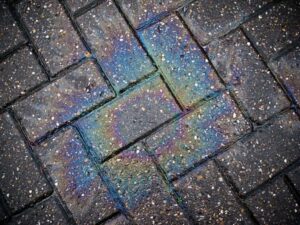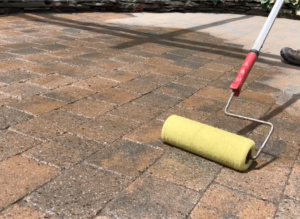Do Concrete Pavers Fade?
One of the most common questions people ask themselves when they’re considering installing concrete pavers is: “Do these become less durable over time?” The answer to this question depends entirely on who you ask! Some say no, while others claim it slightly changes their appearance. For example – if someone has a lot more traffic near them than usual because there was an event held close by then yes; however–the same could not be said for someone living in isolation far away from any major roads.
Do Concrete Pavers Fade Over time?
Concrete pavers are similar to concrete blocks, consisting of cement and aggregate. These pavers are formed in molds, through a vibration process that provides the combined materials with the density needed to make pavers. Over time, the hardening of the cement gives the units strength. Colors other than gray are achieved by adding pigments to the mixture of aggregate and cement.
Do They Fade?
The concrete paver is a durable and long-lasting material, but it can’t withstand the elements. Because the pigment that’s added to a concrete paver is not inherent to the material, the color can fade, eventually exposing the color of the aggregate and perhaps resulting in a completely different change in color from the original color of the concrete paver. Dark pigments are often more likely to fade over time. This occurs regardless of whether you have installed epoxy coatings before installation thus resulting in replacing them every few years depending upon how much traffic walks on it annually
Advantages of Concrete Pavers
- Less expensive: With the low cost of materials used to make them, concrete pavers are less costly than brick.
- More choice: Concrete pavers have a wider array of color and design options than brick. The color options are only limited to you. If you can think of a color, you can get it.
- Innovation: Thanks to improvements in technology, enhanced concrete pavers are being designed by the day. You might even find some options that correct some of the most common and known downsides of concrete.
- Easier to install: Concrete pavers are easier to cut and precisely uniform, that’s why they’re a popular choice for DIY projects.
Disadvantages of Concrete Pavers
- Color can fade: The color can fade over time, especially if you live in a sunny area
- Sealing: Paver sealants can help to prolong the color in your concrete pavers but that comes at a higher maintenance cost.
- Surface erosion: While a brick paver will wear by cracking or chipping, a concrete paver will wear more gradually, exposing more of the aggregate underneath.
- Varying quality: When it comes to durability and strength, concrete varies widely depending on the manufacturer’s recipe.
Do concrete pavers fade over time? In conclusion, the answer is yes. However, you can minimize the fading by using sealants and taking care of your pavers. Eliminating weeds when they appear in between and fixing them when they get loose. Overall, concrete pavers offer more benefits than drawbacks, which makes them a great option for walkways, driveways, and patios.


